The Invention of Surgery
A book by Dr. David Schneider
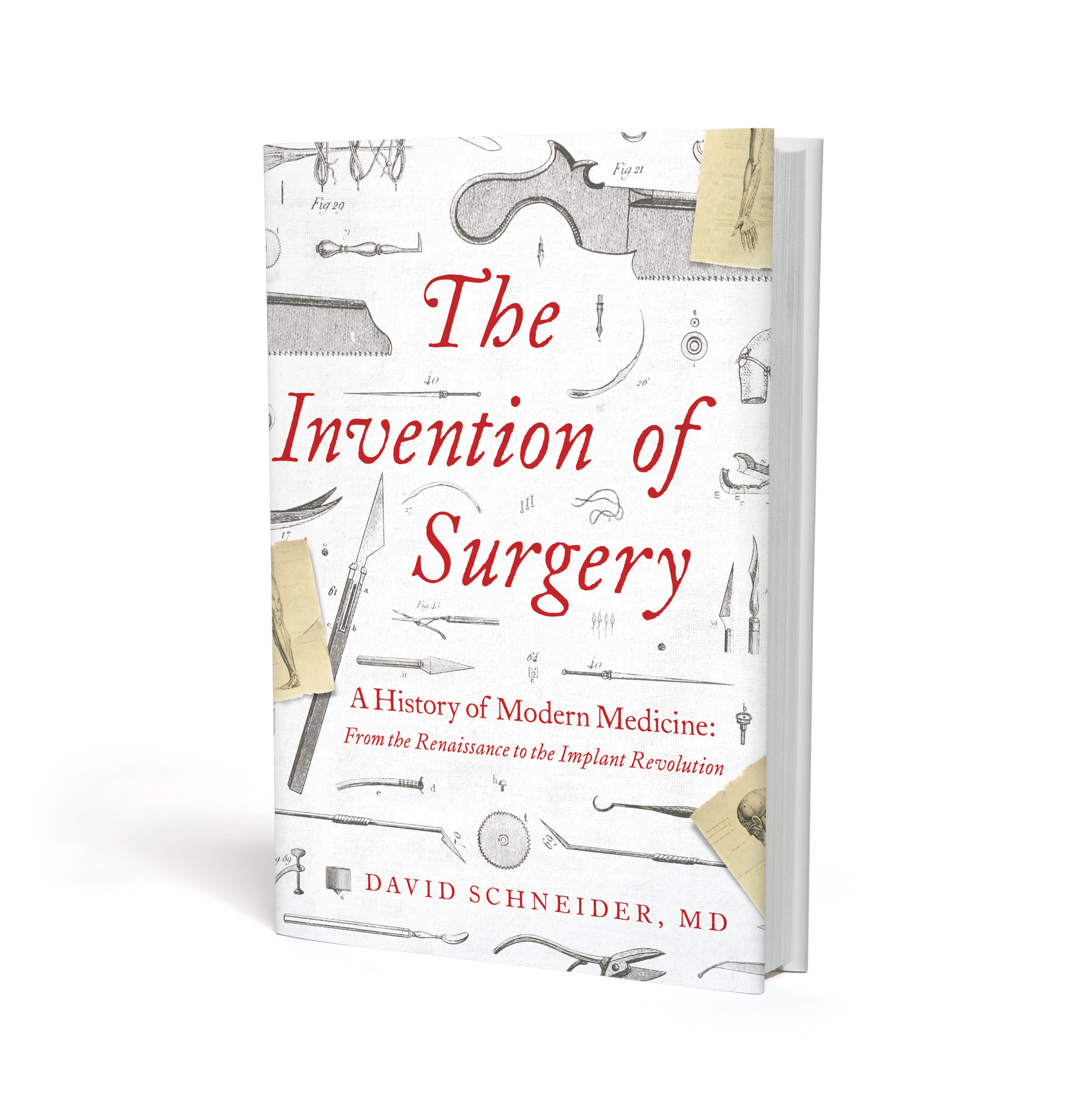
The Doctor Is In.
The author has plenty of experience with a scalpel. And a pen.
Dr. David Schneider’s book, “The Invention of Surgery,” is an in-depth study of the practice and the treatments that have leapt mankind forward century to century — from blind speculations of ancient Greek physicians to our life-changing “implant revolution” today.
As the field of medicine and the practice of surgery continue to transform, new technologies reinvent treatment and healthcare. Dr. Schneider’s book details this dramatic progress, as well as highlighting personalities of the discipline’s most dynamic historical figures.
You’ll find it’s just what the doctor ordered.
The Invention of Surgery
Who better to discuss the captivating history of surgery, and to chronicle centuries of scientific breakthroughs by each pioneering doctor?
Dr. David Schneider’s “The Invention of Surgery” is an in-depth study of the practice as well as a chronicle of the most dynamic figures from medical history. It details the transformation of the hospital to a habitation of healing, the development of antibiotics and the rise of polymer science. As Schneider reasons, new technology is constantly reinventing both the practice of surgery and how our conception has changed with our evolving ideas of medicine and our bodies.

Early Adopters
From Francis Bacon’s development of the scientific method and the field of Empirical Science, to the implant revolution, to … what’s next in the practice of surgery, Schneider brings the science to life through the discipline’s most dynamic historical figures.
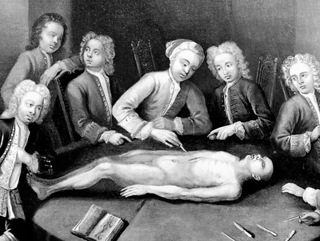
Making Progress
“The Invention of Surgery” punctuates the most important milestones, like Morgagni’s development of “The Seats and Causes of Disease” in 1761 (and identifying symptoms as “the groaning of suffering organs”). There’s the cheerful character of John Hunter—whose ability to lay his hands on bodies for scientific surgical study was unmatched.
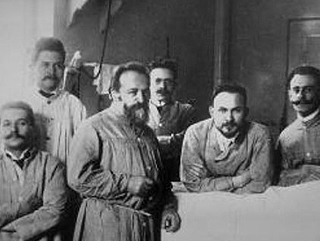
Discovery of Bacteria
Trace the steps of Theodor Billroth, famously the first abdominal surgeon in the world, who succeeded in this new field by simply listening to British antiseptic pioneer Joseph Lister’s advice: “Wash your hands.”
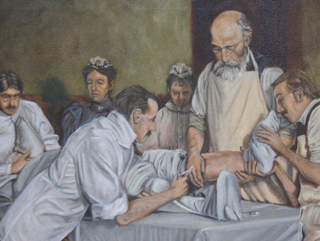
The Rise of Polymer Science
The book details the transformation of the hospital to a habitation of healing in the 1900’s, through the ideas of Arthur Steindler, A.F. DePalma, Charles Neer all walking to the precipice of the implant revolution. Then he takes you through development of antibiotics and the rise of polymer science.
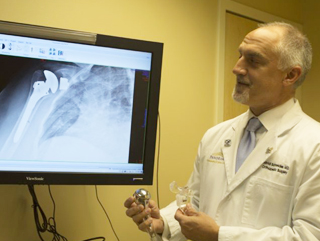
The Evolution of Surgery
Understand the pioneers, the heroes, discover the “eureka” moments. Dr. Schneider reasons that new technology is constantly reinventing both the practice of surgery and how our conception has changed with evolving ideas, each pioneer leading us to a healthier future. As Gustav Mahler once said, “Tradition is not to preserve the ashes, but to pass on the flame.”
Book Reviews
Reviewers agree, it’s just what the doctor ordered.
Michael Paul Mason
Author of Head Cases: Stories of Brain Injury and Its Aftermath
“Brace yourself! The Invention of Surgery is a globetrotting historical adventure, told from the inside of the operating room. Through a series of colorful, bizarre and, at times, stomach-churning stories, Dr. Schneider reveals how the human, messy side of surgical history adds up to the wondrous advances we see today. This is medical writing at its most exhilarating.”
Frank Huyler
Author of The Blood of Strangers: Stories from Emergency Medicine
“Comprehensively researched, deftly told, and radiating both intellect and passion, The Invention of Surgery is essential reading for anyone interested not only in the history but also in the future of medicine. This book is a labor of love, and it shows.”
Helen Bynum PhD
Author of Spitting Blood: The History of Tuberculosis
“Rampaging through surgery’s history, David Schneider’s unique take on its heroes and their achievements is cut with poignant, pithy stories from his own experience of repairing our bodies. He celebrates the audacity of putting something foreign inside of us, ruminates on its current costs and ethics, and asks us to join him on a fascinating ride into the future of implants.”
Sign up to join our email list to receive updates



